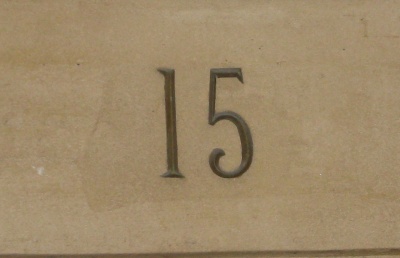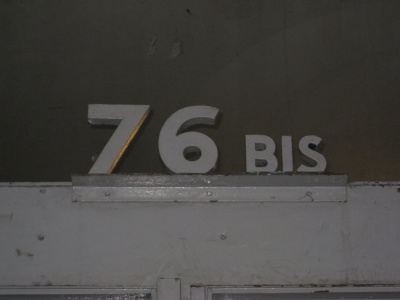
Bertrand Formet who animates an excellent
blog on experiences with Twitter in French-speaking schools around the world asked me some technical details after my first
post.
First of all, I invited students to publish their comments/questions with the hashtag #hist155, hist155 being the administrative code of my class. I used Tweetdeck to search the Twitter-stream and display the comments.
The second problem was more difficult to solve. There was only one projector: if you use the slide-show modus from your word processor, in my case
LibreOffice, your screen is completely filled out and you are not able to display at the same time
Tweetdeck. The aim of the experience was however to display at the same time my slides and the questions/comments from the students to create some sort of interactivity. There seems to be no “proper” fix to solve this problem. A user of DigitalHumanities.org offered me the following
solution: “just show a Google Doc presentation in a browser stretched to 4/5 of the your screen’s width and your Twitter app taking up the remaining 20%.” And that’s what I did.
Last unsolved problem was the conservation of the tweets, a problem I hadn’t think about at the beginning. Twitter only allows you to search the tweets of the last two weeks. Several people proposed Twatterkeeper, but they have been recently
bought by HootSuite and no longer offer this help. Other services such as
ThinkUp don’t allow search for hashtags but only for people. So together with the
education service of the ULB, we copied the tweets in a spreadsheet.
The picture was taken by one of the students (@trankim90) during my class and posted on twitter with the hashtag hist155.
Quelle: http://majerus.hypotheses.org/72
 und Holocaust
und Holocaust aus der Ukraine über ihre Verfolgungsgeschichte austauschen un
aus der Ukraine über ihre Verfolgungsgeschichte austauschen un

